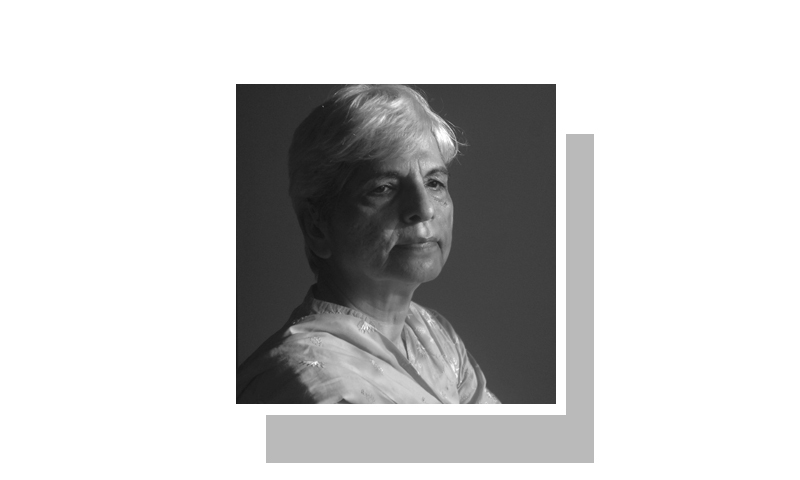THE 2014 global attitudes project of the Washington-based Pew Research Centre has been widely cited to show that a majority of people in Pakistan do not look upon the Taliban favourably. According to Pew’s finding, 59pc of those questioned felt negatively vis-à-vis the Tehreek-i-Taliban Pakistan (TTP).
Last year, when a similar survey was held this number was slightly lower, with 56pc expressing disapproval of the militants who have no qualms about blowing up people, including women and children, in brutal acts of terrorism. Yet 66pc said they were concerned about religious extremism. It seems many of the respondents did not regard the TTP to be extremists, which speaks volumes for public perceptions in Pakistan.
Although one can feel relieved that most Pakistanis are moderate in their approach, this is not so reassuring considering that other Muslim countries have as many as 80pc of their population, as in Tunisia, and 75pc (Egypt) showing concern at religious extremism. What is more worrying is that 33pc of the population in Pakistan does not feel strongly enough about the matter and replied indifferently with a ‘don’t know’.
It is difficult for people to escape religiosity.
What about the 8pc who explicitly declared themselves to be sympathetic to the Taliban? They can without doubt be considered dangerous. They may not be card-holding members of the TTP who roam around wearing suicide vests but they are conditioned since childhood to internalise violence and would support and shelter the Taliban if the occasion arose.
One has to assess the results of such surveys with caution. A margin of error has to be provided for. The reality is that it is not easy to get people to extend their cooperation willingly and honestly in such surveys and opinion polls.
An official of the Federal Bureau of Statistics had once explained to me how difficult it was for his enumerators to collect data for simple household surveys as people were reluctant to reveal information pertaining to their own families. Yet surveys are held in Pakistan and in the absence of any other data collection tool we have to accept them as indicators of public thinking.
The moot question here is why does this large body of opinion in Pakistan — 33 pc — tacitly accept violence and militancy without strongly reacting to it? To me who abhors violence and war, even having no opinion on the matter is amoral. But many people have learnt from personal experience to take the route of least resistance and unquestioning conformism in a system where there is no institutionalised protection for someone who sticks his neck out.
Another key factor is the widespread use of religion to silence people and numb critical thinking. Students have learnt that if they want to negotiate their way through school successfully they should accept unthinkingly the knowledge that is handed down to them.
In fact, the social environment is so deeply saturated with religiosity that it is difficult for many people to escape its impact and think in a secular manner. The pulpit, the school curricula, socio-cultural practices, work routine and even language are so closely integrated with religion that it leaves little space for rational thinking. The Taliban expediently use Islam and jihad as a shield to justify their nefarious activities.
Another factor that accounts for this phenomenon is the dichotomy in our national life. Pakistanis as a community lack social capital. We cannot unite to work together as a whole entity keeping in mind that the selfish act of one individual can damage the collective interest of the entire community. As a letter writer commenting on a columnist’s laments on Pakistan’s international isolation observed, “We are all to blame for it; the whole nation, not just the political leadership.”
The fact is that we are a nation suffering from intense insecurity. When it comes to taking tangible measures how can one expect each and every one of the 59 pc, who verbally express disapproval of the Taliban, to actually resist the militants when they cannot always be certain about the unswerving support of the others? How can those who feel insecure for lack of state protection and who have suffered exploitation at the hands of the privileged elite muster the confidence to extend a helping hand at the critical moment?
We are a nation divided against ourselves. We do not want to take risks if we can find an escape route for ourselves. and so we do not stand up for the rights of others. We fit into the pattern described by Martin Niemoller about the German intellectuals in Nazi Germany. The intellectuals did not speak out against the excesses committed against various groups in the country — the communists, the socialists, the trade unionists and the Jews. “Then they came for me—and there was no one left to speak for me.”
Published in Dawn, July 16th , 2014











































